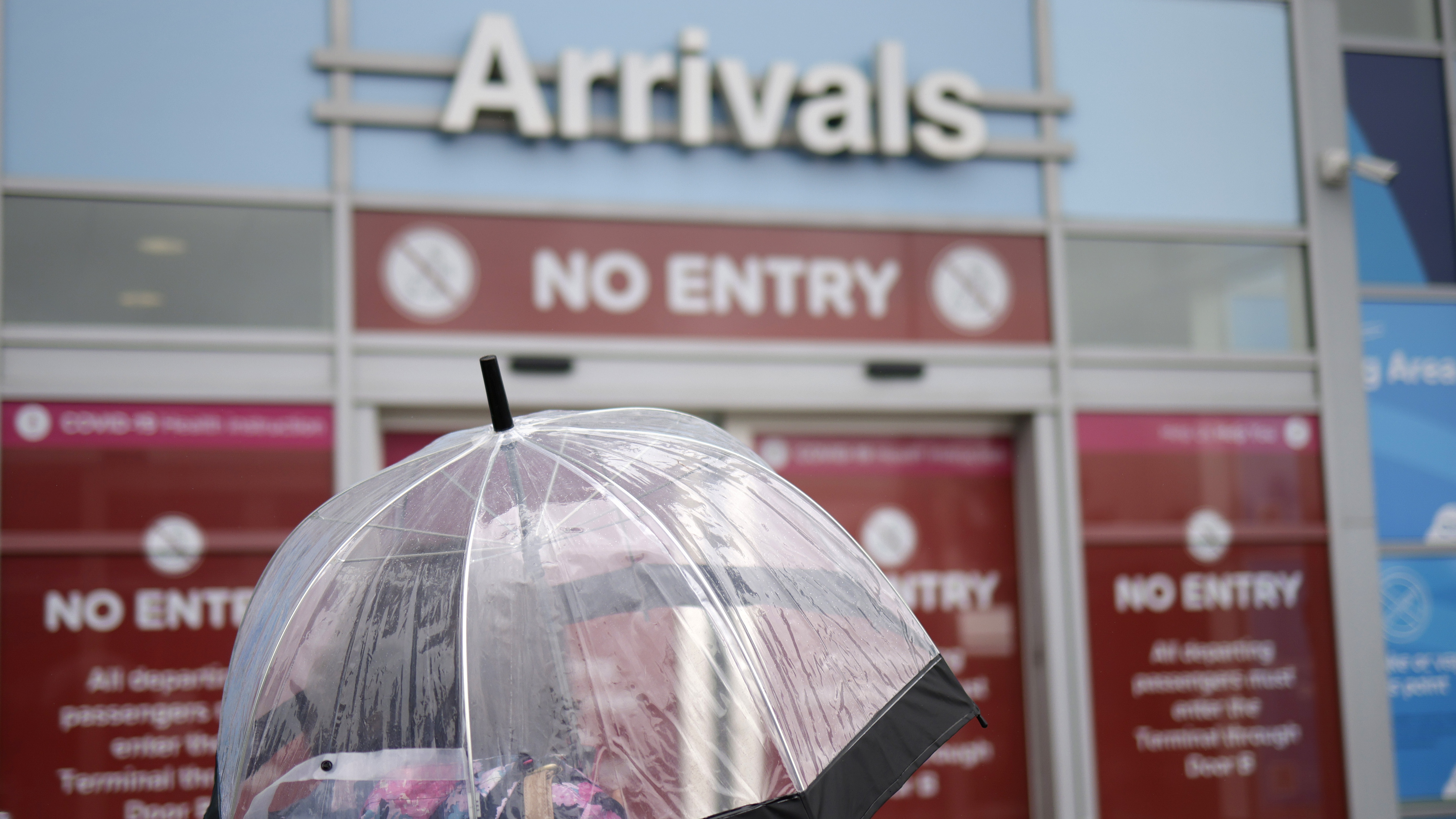Reaction: ‘all travel a risk’ holidaymakers told as European infection rates soar
Belgium mulling lockdown reintroduction as France and Germany see cases increase

A free daily email with the biggest news stories of the day – and the best features from TheWeek.com
You are now subscribed
Your newsletter sign-up was successful
British holidaymakers have been told that “no travel is risk-free” as the government considers extending mandatory quarantine on return to cover arrivals from a host of European countries.
Spain has already seen its “safe” status taken away, with holidaymakers visiting the mainland or Spanish islands now forced to spend 14-days in isolation on their return to the UK.
The Spanish prime minister Pedro Sanchez said last night that Britain had made an “error”, claiming that most regions of Spain had a lower infection rate than the UK.
The Week
Escape your echo chamber. Get the facts behind the news, plus analysis from multiple perspectives.

Sign up for The Week's Free Newsletters
From our morning news briefing to a weekly Good News Newsletter, get the best of The Week delivered directly to your inbox.
From our morning news briefing to a weekly Good News Newsletter, get the best of The Week delivered directly to your inbox.
Meanwhile, the government’s extension of quarantine to cover return from the Spanish islands was branded an “absolute shambles” by travel agents, reports The Times.
Chris Rowles, chairman of the Association of Independent Tour Operators, said: “We in travel very much don’t wish to put our customers, or anyone else, including host destinations, at risk, quite the contrary. But looking at the figures, it could certainly be more dangerous to stay in the UK than to travel.”
The Association of British Travel Agents, easyJet and the lobby group Airlines UK have all called for a regional approach to quarantine, as has the Spanish government, reports The Guardian.
“There have been conversations since the weekend with the British authorities about dropping quarantine for those visiting the islands as soon as possible,” Spain’s tourism minister, Reyes Maroto, said. “We’ll be talking to all the Spanish regions to see what they propose, and any proposals will be brought to the British authorities.”
A free daily email with the biggest news stories of the day – and the best features from TheWeek.com
Boris Johnson’s spokesperson said that “no travel is risk-free during this pandemic and disruption is possible. So anyone travelling abroad should be aware that our travel advice is under constant review”.
Where are infection rates rising?
At least 11 European countries where quarantine-free travel is possible have seen a rise in coronavirus cases in recent days, with infections rising in Croatia, Belgium, France, Germany and Austria.
The surge of cases in France and Germany has prompted many countries dependent on British tourists to worry they could be next to fall foul of the mandatory quarantine for arrivals rule, says ITV.
French prime minister Jean Castex announced last week that anybody arriving to the country from 16 countries where the virus is widely circulating will be subject to on-the-spot coronavirus tests. And Germany has also announced the rollout of mass testing for people from high-risk countries, including the US but not Britain.
Jerome Marty, the president of a French general practitioner’s union, said the summer break would be an important moment in the coronavirus pandemic. “There’s everything at risk in the next three weeks because we’re entering the dangerous period,” he told Europe 1.
Most European nations are seeing increases in their number of cases and outbreaks, but are hoping any second wave will be regionally limited, says the BBC. But Belgium is one country warning of second “complete lockdown” following a significant spike in infections, according to Belgian Prime Minister Sophie Wilmes.
“Experts say it is possible to avoid another lockdown. But it must be remembered that the world’s leading scientists are incapable of knowing how the situation will develop,” said Wilmes. “We must not frighten people, but neither should we abuse them by pretending to know everything.”
Belgium saw a 71% increase in the seven-day average number of infections in Belgium between 17 July and 23 July, reports The Guardian, up from 163 new cases a day to 279.
But the European rise is nothing compared to the rest of the world.
The global rise “is driven by high transmission in large and populous countries in the Americas and South Asia”, the World Health Organization said in a statement on Saturday.